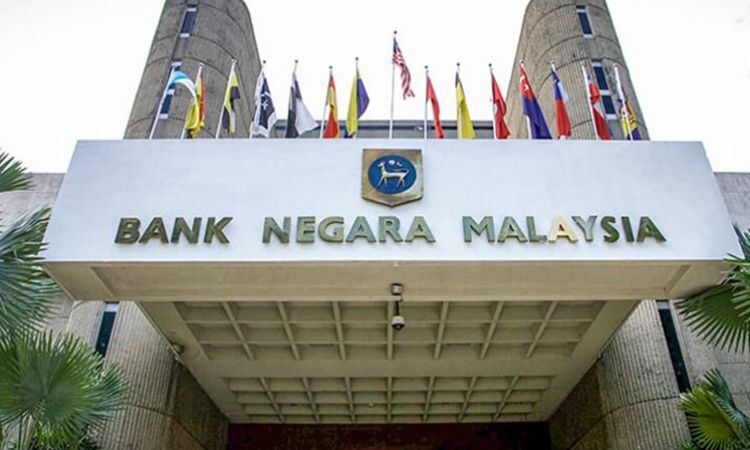Bank Negara Malaysia (BNM) has reduced the Overnight Policy Rate (OPR) by 25 basis points to 1.75 percent.
BNM said the ceiling and floor rates of the corridor of the OPR are correspondingly reduced to 2.00 percent and 1.50 percent, respectively.
The central bank in a statement said the reduction in the OPR will provide additional policy stimulus to accelerate the pace of economic recovery.
“The Monetary Policy Committee (MPC) will continue to assess evolving conditions and their implications on the overall outlook for inflation and domestic growth.
“The Bank will continue to utilise its policy levers as appropriate to create enabling conditions for a sustainable economic recovery,” it said.
According to BNM, the impact of Covid-19 on the global economy is severe and global economic conditions remain weak with global growth projected to be negative for the year.
Although a trough is expected in the second quarter, broad-based weakness in labour markets and precautionary behaviour by households and businesses could affect the recovery going forward, BNM noted.
“Several major economies have begun relaxing measures to contain the Covid-19 pandemic, leading to the gradual resumption of economic activity.
“Financial conditions have improved, although risk aversion remains elevated. Downside risks to the global outlook remain, especially if a resurgence of the pandemic necessitates the reintroduction of containment measures,” said the bank.
As for Malaysia, BNM noted that the economic activity contracted sharply in the second quarter of the year, due to measures introduced to contain the pandemic globally and domestically.
Following the gradual and progressive re-opening of the economy since early May, economic activities have begun to recover from the trough in the second quarter.
“The fiscal stimulus packages, alongside monetary and financial measures, will continue to underpin the improving economic outlook.
“The projected improvement in the domestic economy is expected to be further supported by a gradual recovery in global growth conditions,” it said.
However, BNM said the pace and strength of the recovery remain subject to downside risks emanating from both domestic and external factors.
These include the prospect of further outbreaks of the pandemic leading to re-impositions of containment measures, more persistent weakness in labor market conditions, and a weaker-than-expected recovery in global growth.
“Inflationary pressures are expected to be muted in 2020. Average headline inflation is likely to be negative this year, primarily reflecting the substantially lower global oil prices.
“The risks of a broad-based and persistent decline in prices are assessed to be limited as economic activity resumes and demand conditions improve.
“Nevertheless, the outlook remains significantly affected by global oil and commodity prices. Underlying inflation is expected to be subdued and within expectations,” it added.




